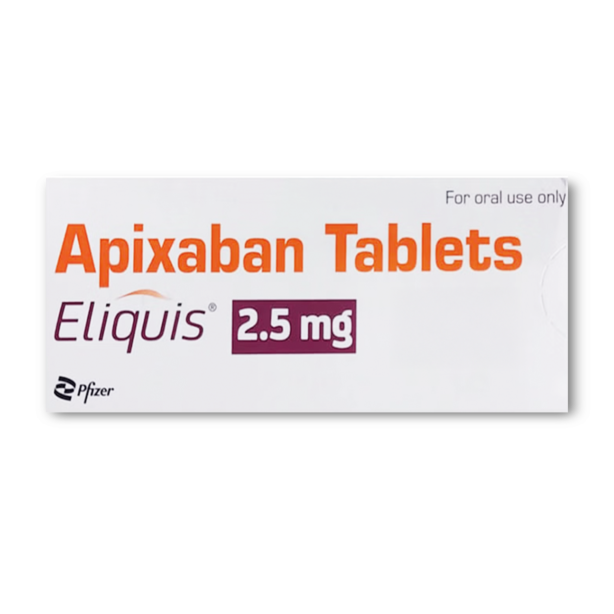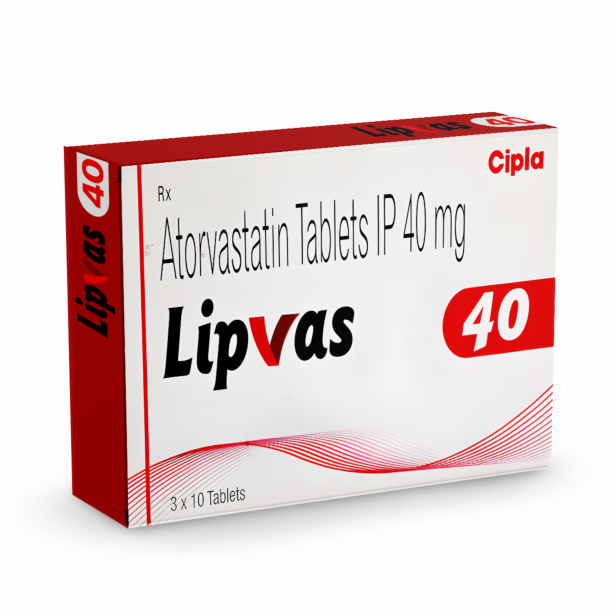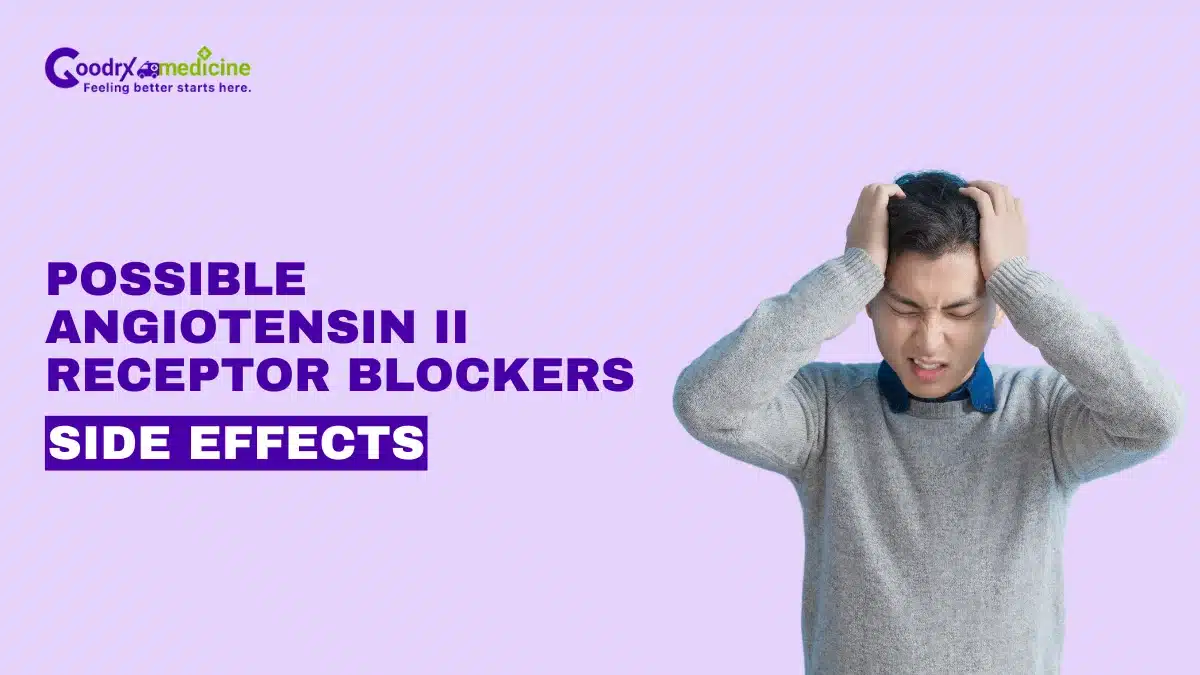Angiotensin II Receptor Blockers (ARBs) are widely utilized for treating High Blood Pressure (Hypertension) and heart failure thanks to their effectiveness and relatively favorable safety profile. However, like with any medication, there are possible hazards associated with ARBs.
While most patients experience minimal or no adverse effects, some might encounter complications ranging from minor dizziness to significant concerns such as kidney malfunction or high potassium levels. Understanding these side effects is essential for both patients and healthcare providers seeking safe and effective treatment.
This article explores all potential Angiotensin II Receptor Blockers side effects, providing a thorough summary that balances their therapeutic benefits with the potential risks involved in their use.
Angiotensin II Receptor Blockers side effects
Angiotensin II Receptor Blockers (ARBs) are a class of medications often used to treat Hypertension, heart failure, Chronic Kidney Disease (CKD), and to prevent stroke in some people. They inhibit the effects of Angiotensin II, a hormone that causes blood vessels constriction and raises blood pressure. While typically well tolerated, ARBs can induce various side effects, ranging from minor and temporary to uncommon but significant problems.
Let’s discuss further side effects of Angiotensin II Receptor Blockers in detail.
Save up to 90% on your medicine bills

Eliquis 2.5 Mg

Crestor 40 Mg

Lipvas 40 mg

Arkamin 100 Mcg
Common side effects
Angiotensin II Receptor Blockers most common side effects are typically not severe and often go away when the body adjusts to the medication, and usually include:
- Dizziness and lightheadedness: These are common side effects of ARB, particularly when first starting the medicine or after increasing the dose. They are generally caused by a drop in blood pressure, especially when standing up suddenly.
- Headache: Mild to moderate headaches may develop after taking the medication. However, these usually lessen with time.
- Fatigue: Some people may feel more fatigued or experience less energy.
- Gastrointestinal issues: Nausea, diarrhea, and heartburn are possible, but they are usually moderate. Taking the medication with meals may help lessen the symptoms.
- Back or joint pain: Back or joint pain have been observed in some individuals but are not always directly linked to the medicine.
Severe and less common side effects
In rare situations, ARBs can lead to the following severe side effects:
- Hyperkalemia (High potassium levels): ARBs can boost blood potassium levels, especially in patients with kidney complications or taking potassium-containing medicines. This can result in muscular weakness, an irregular pulse, and, in severe cases, cardiac arrest. According to an article published by The American Journal of Clinical Nutrition in 2016, reduced potassium excretion due to ARB treatment can lead to Hyperkalemia.
- Kidney dysfunction: ARBs may impair kidney function in high risk people, particularly those with pre-existing kidney disease or advanced heart failure.
- Hypotension (Low Blood Pressure): Excessive decrease of blood pressure can induce fainting or dizziness, especially in those using high doses of diuretics.
- Angioedema: Edema (Swelling) of the face, lips, tongue, or neck is uncommon but possibly dangerous. This is less prevalent with ARBs than with ACE inhibitors, but it can still happen. As per the meta-analysis published by the journal The Annals of Allergy, Asthma, & Immunology in 2008, the chances of developing Angioedema with ARBs is between 2% and 17%.
Drug interactions
ARBs may interact with medications, raising the risk of side effects or decreasing the effectiveness of either medicine. Significant interactions include:
- Other blood pressure medications: Taking ARBs with other antihypertensive medications might raise the likelihood of Low Blood Pressure.
- Potassium-sparing diuretics and potassium supplements: These may raise the risk of Hyperkalemia.
- Nonsteroidal Anti-inflammatory Drugs (NSAIDs): NSAIDs, such as Ibuprofen and Naproxen, may decrease the effectiveness of ARBs and perhaps raise the risk of kidney problems.
- Angiotensin-converting enzyme (ACE) inhibitors: Combining ARBs with ACE inhibitors is usually not suggested as it increases the risk of kidney damage, Low Blood Pressure, and excessive potassium levels.
- Allergic reactions: ARBs can sometimes cause Urticaria (hives), Anaphylaxis, or Vasculitis.
- Liver function abnormalities: In rare cases, ARBs can lead to elevated levels of liver enzymes in the body.
- Blood disorders: ARBs may occasionally lead to Neutropenia or Leukopenia (low white blood cell levels).
When to seek medical help?
While ARBs are generally well tolerated, it is advisable to get medical help immediately if you experience:
- Edema (Swelling) of the face, lips, tongue, or throat
- Unexplained dizziness or fainting
- Signs of high potassium, such as muscle weakness or irregular heartbeat
- A sudden decrease in urine output
- Persistent nausea and vomiting
- Prolonged diarrhea
- Unexplained exhaustion, disorientation, or chest discomfort
Conclusion
Angiotensin II Receptor Blockers side effects are relatively mild and well-tolerated, making them the preferred choice for many patients with Hypertension, heart failure, or kidney problems. However, it is essential not to overlook the possibility of more serious issues, such as Hyperkalemia, kidney failure, or uncommon allergic responses that may necessitate immediate medical treatment.
Although ARBs have a unique advantage over ACE inhibitors in terms of a lower incidence of persistent cough and Angioedema, caution is always advised, particularly in individuals with pre-existing kidney damage or those using other interacting medicines like NSAIDs.
Patients should be informed about possible side effects and advised to seek medical help immediately if they notice any unusual symptoms. The safe and successful use of ARBs needs a proactive, informed approach by both doctors and patients.

Frequently Asked Questions
How long will I need Angiotensin II Receptor Blockers?
The duration of ARB therapy depends on your condition. Many people take ARBs long-term to manage chronic issues like Hypertension or heart failure, but your doctor will decide the appropriate duration.
Can ARBs induce sleep disturbances?
Yes, some patients report experiencing sleeplessness or vivid dreams when using ARBs. Although uncommon, these effects might be caused by changes in blood pressure that impact the blood flow to the brain or modest neurochemical changes.
Do ARBs affect taste perception?
Yes. ARBs like Losartan can occasionally change the taste, giving a metallic or decreased taste. This side effect is usually minimal and disappears if you stop taking it or alter your dosage.
Can ARBs cause photosensitivity?
Yes. Although unusual, some people suffer increased sensitivity to sunlight when using ARBs. This might cause rashes and sunburns, requiring sun protection throughout therapy. However, individual responses may vary.
Are ARBs associated with Erectile Dysfunction?
Yes. Erectile Dysfunction is not a common side effect of ARBs, although it may occur due to reduced blood pressure or coexisting vascular disorders rather than the medicine itself. Contact your doctor if the situation persists.
When referencing outside resources, GoodrxMedicine always provides full citations. To learn more about the measures we use to maintain the quality of our content, please review our Content Information Policy.











